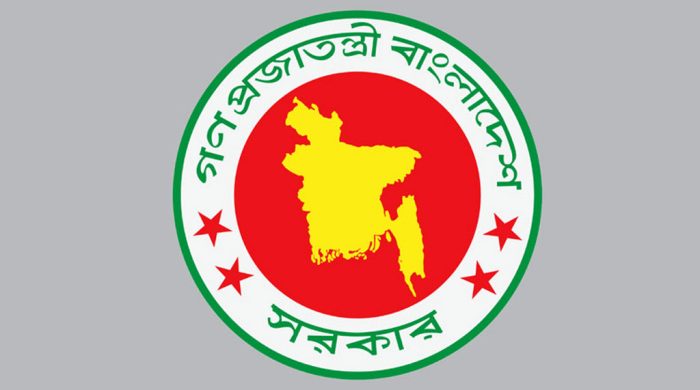Govt nonchalance irks political parties

- Update Time : Monday, September 30, 2024
- 16 Time View

The absence of initiatives from the interim government to coordinate with the political parties either formally or informally is annoying the parties whose leaders view the lack of effort as the government’s unwillingness to involve the political parties in the decision making process.
Several members of the Bangladesh Nationalist Party standing committee at the committee’s last meeting held on September 23 expressed frustration over the situation.
Several members of the party confirmed New Age that they told the meeting that the interim government had yet to develop a close relationship with the political parties.
When asked about the situation, party standing committee member Khandaker Mosharraf Hossain told New Age that political parties were keen to cooperate with the interim government as it was formed through a student-mass uprising.
‘But the government should decide whether or not it wants the cooperation of the political parties,’ he said, adding that the government has yet to seek any support from the political parties.
Socialist Party of Bangladesh general secretary Bazlur Rashid Firoz said that the administrative activities of the interim government were very slow and it was increasing frustration among people.
‘To increase the speed of work, the government should engage political parties in various processes formally or informally,’ he said, adding that otherwise, the distance between the government and political parties would increase.
He also said that the distance between the political parties and the government would become a major reason for the possible failure of the government.
‘The government has taken some reform initiatives. Fine, but unless it ensures strong coordination with the political parties, it would fail in properly prioritising issues,’ he observed.
Echoing the same concern, Bangladesh Communist Party general secretary Ruhin Hossain Prince said that the incoordination of the interim government with the political parties would cause problems for the government in the future.
‘The interim government should ensure engagement of political parties in various processes of its activities. The people in the government should be connected with politicians as politicians have connections with the people,’ he added.
Revolutionary Workers Party general secretary Saiful Huq said that the existing distance between the political parties and the interim government was somewhat concerning.
‘Political parties are the main stakeholders… they [government] should increase engagement with the parties to meet people’s expectations from them,’ he said, adding that if the interim government had no hidden agenda, they should come forward to build a fruitful relation with the political parties.
‘Proper understanding between the government and political parties would make many difficult things easy. The distance would create greater problems for the government,’
Jatiya Party secretary general Mujibul Haque Chunnu said that the government should increase communication with the political parties considering them as major stakeholders.
‘Good relationship between the political parties and the interim government will ultimately bring positive impact for the government,’ he said, adding that it would help the government to do its work smoothly.
‘Otherwise, doubt about the government will increase,’ he said.
Ganosamhati Andolan chief coordinator Zonayed Saki said that the political parties’ engagement with the interim government was a must for a new political settlement, formulation of a democratic constitution and carrying out reforms to ensure a democratic election process.
‘The government should fix the way regarding how it would work with the political parties,’ he said.
Islami Andolan Bangladesh senior joint secretary Gazi Ataur Rahman said that it was very clear that the interim government had no strong coordination with the political parties yet.
‘A strong relationship between the parties and the government is a must. Otherwise, confusion and doubt will increase,’ he said.
Amar Bangladesh Party member secretary Mojibur Rahman Manju said that the distance between the political parties and the interim government had caused some problems.
‘The government should come up a way for holding cooperation with the political parties and should also take steps to mitigate the distance that currently exists,’ he said.
Professor Muhammad Yunus assumed office on August 8, following the ouster of Sheikh Hasina on August 5 amid an unprecedented student-mass uprising.
After taking responsibility, the Yunus-led government held meetings twice with the political parties.















